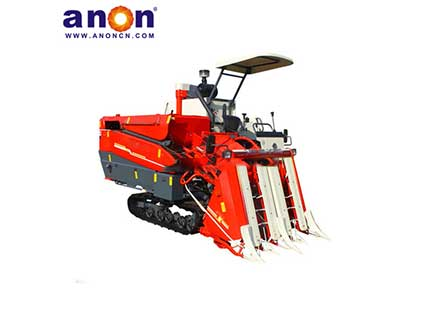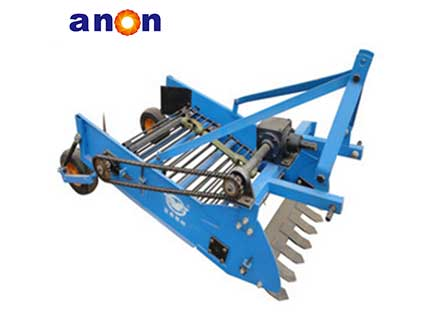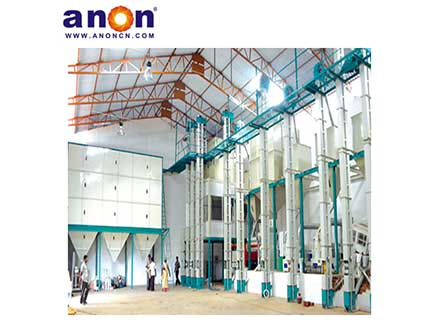Introduction
What do tractors do in modern society? They’re like the Swiss Army knives of agriculture. They almost do a little bit of everything!
They can be seen at every stage of the farming process, from soil clearing before sowing to transportation after harvest. They can help farmers do their field work faster and better.
In this article, we will use our expertise to introduce you to all important aspects of tractors.
Want to learn more? Come and dive deeper into the world of tractors!
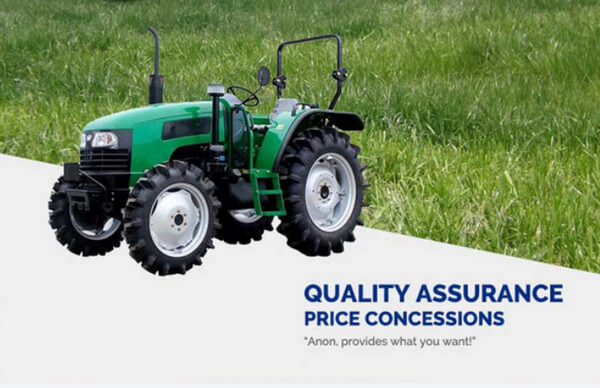
What is a Tractor
Tractors are indispensable mechanical equipment in the fields of agriculture and construction. Their mechanical structure is similar to that of cars or trucks.
However, the tractors’ functional design is very different from the previous two vehicles. What do tractors do? It is specifically designed to provide high power at low speeds. This feature allows the tractor to lift, pull, and push heavy objects with ease, making otherwise difficult jobs much easier.
The tractor is also a versatile off-road vehicle that can connect many different machines. Through the connection of different tools, it can also perform a lot of tasks, such as farming, sowing, fertilization, and so on.
Although tractors are often considered agricultural equipment, their durability also makes them important in the construction industry. Then what do tractors do in agriculture? People often use it for different kinds of tasks, such as excavation, transportation, and ground leveling.
Also, the core function of a tractor is to provide high traction or torque. That will make it ideal for propelling a trailer or other mechanical equipment.
Therefore, a tractor can save you a lot of time and energy whether you are in agriculture or construction. This machine can help people improve efficiency and reduce the workload greatly.
Important Parts of a Tractor
A tractor usually consists of the following major components:
Engine and Fuel System
What do tractors do with engine and fuel system? Similar to the engine of a car, the engine of a tractor is also its power source.
The fuel stored in the tank uses the internal combustion engine to produce mechanical energy. And in turn, the energy drives the tractor to provide power.
The fuel system, on the other hand, provides the continuous transport and supply of fuel for power generation.
These two systems are important parts of generating and maintaining power. So that the tractor can continuously keep its efficient work.
Cooling System
The cooling system of tractors usually adopts liquid cooling. The system is mainly composed of the radiator, water pump, and coolant. In a liquid-cooled cooling system, the coolant circulates and uses a radiator to remove heat.
This allows the tractor engine to maintain a normal operating temperature. Thus ensuring its long-term stable operation.
PTO and Hydraulic Systems
The PTO unit and hydraulic system are two important functions. What do tractors do with those two parts? They provide power and control to the accessories of the tractor.
The PTO is used in conjunction with the gearbox of the tractor. Then it can transmit power to the external equipment carried. This also makes the tractor more flexible and versatile. Thus they will adapt to different agricultural activities and construction tasks.
The hydraulic system transmits the force through the pressure of the hydraulic oil. Then, it can make the attachments perform all the lifting, steering, and other functions.
Attachments
The versatility of tractors lies in their ability to be equipped with all kinds of attachments and utility tools.
These accessories include harrows, plows, lawnmowers, etc., each with a specific function and use.
For example, the tractor can use plows to plow and ditch, and lawnmowers for mowing lawns or harvesting crops. By using appropriate tools, tractors can quickly adapt to different working environments and tasks. This also shows its advantages of versatility and adaptability.
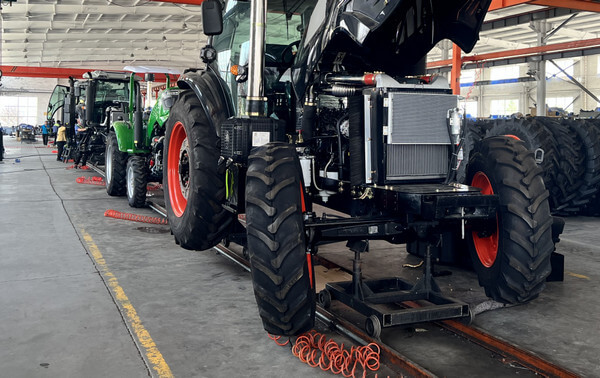
What do Tractors Do
We have learned the significance and important parts of the tractor above. Next, we will talk about what do tractors do in agriculture.
What do Tractors Do: Land Clearing
Before planting crops, you need to do some clearing of the ground. There are some things you need to do, like clearing debris or loosening the soil. Tractors at this phase have powerful cleaning capabilities to prepare your plantation.
What do Tractors Do: Planting Operation
The tractor can also achieve much more efficient planting operations. By being equipped with a planter, seeder, and other equipment, the tractor can do many things in your field. Therefore, with a tractor, you can also achieve sowing, transplanting, and planting crops.
What do Tractors Do: Fertilization and Spraying
These are the things you need to do after planting your crops. Tractors can be equipped with sprayers, fertilizers, and other equipment to help crops grow better. At the same time, tractors can also be equipped with other tools. You need to spray pesticides and herbicides. So that crops are in the process of growth from pests and diseases.
What do Tractors Do: Open Irrigation Canals
Crops also need to have some low-lying channels. These will help them drain water as they grow, so as not to rot. You can link your ditchers with your tractors. This tool will help trench fields and divert excess water. The tractor can also tow irrigation equipment to replenish water for the crops.
What do Tractors Do: Harvest Operation
This is something you will do when your crop is mature. All these harvesters, balers, and other equipment can be used on tractors. At this point, it is easy to harvest, bale, and load the crops, improving harvest efficiency.
What do Tractors Do: Transport and Logistics
After you harvest your crops, you also need to transport them. At this time, tractors can be used to pull trucks or trailers to transport produce from the field to the processing plant or market. Also, tractors can achieve the role of transporting agricultural tools and equipment.
What do Tractors Do: Heavy Lifting
Because the tractor has a lot of torque, it can produce a lot of traction. The tractor achieves short-distance transportation of crops by matching front-end or back-end loaders. Equipped with movable arms and lifting tools, it also allows the tractor to complete heavy lifting projects.
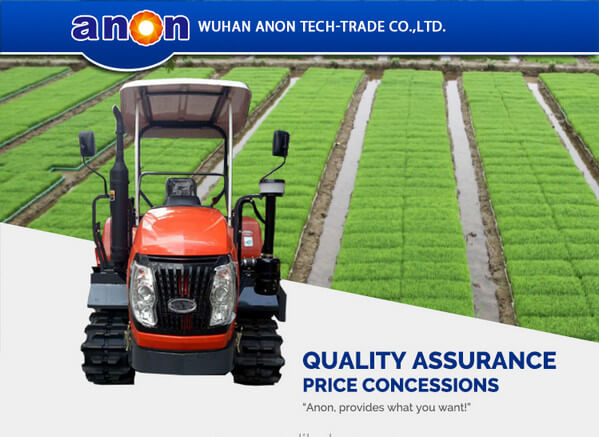
Choose the Tractor that Suits Best
It is important to choose a tractor that is best for you. You can mainly consider the following factors:
First, consider the size and topography of the field you own. It is more efficient to buy a high-horsepower tractor if the field is bigger. But for small plots of land or complex terrain, the use of small mobile tractors is more suitable.
Second, think about the main purpose of the tractor you are buying. Different tasks, such as farming, weeding, and growing medicines, require different attachments. Therefore, it is crucial to choose a tractor that can use a lot of different farm tools to improve efficiency.
Also, maintenance services are something you can not forget. Choosing a reputable brand is crucial when purchasing large farm tools such as tractors. Reputable brands have reliable repair services. This ensures that your machine is maintained on time. This reduces the time spent on farm work due to tractor breakdowns.
Finally, what are your budget and payment methods? You can look at your budget and calculate the price of machinery and transportation costs. A loan is also an option if your budget is not enough. Ensure that you take the formal platform trading. Because this will protect your rights and interests.
Conclusion
In a word, from this article, you must have a general idea about important parts of tractors and what do tractors do! Hope this knowledge will help you understand your tractor better. Or clarify the considerations before purchasing a tractor.
If you are interested in knowing more about tractors, please visit our website ANON. We will try our best to answer your questions with our professional knowledge.


